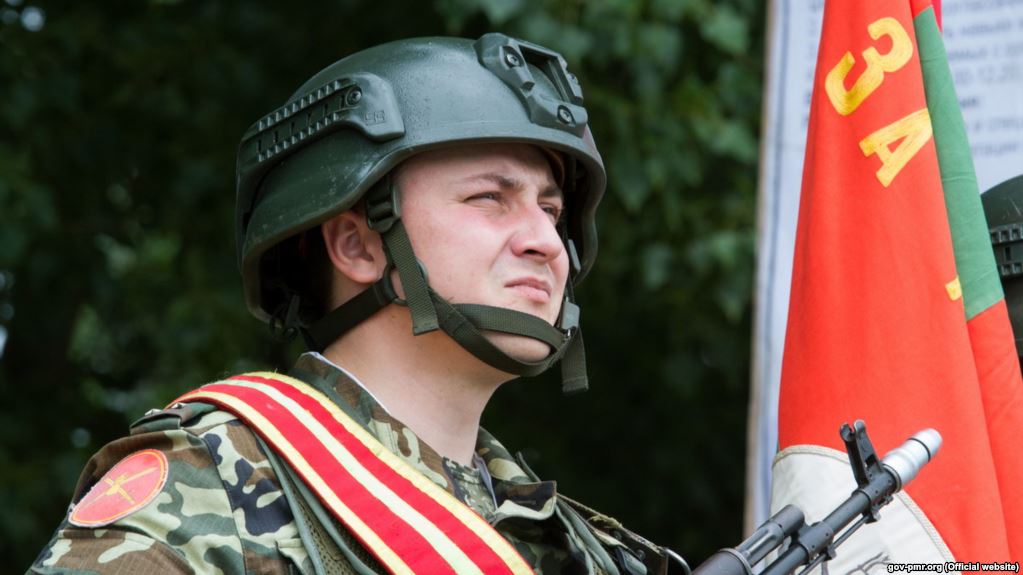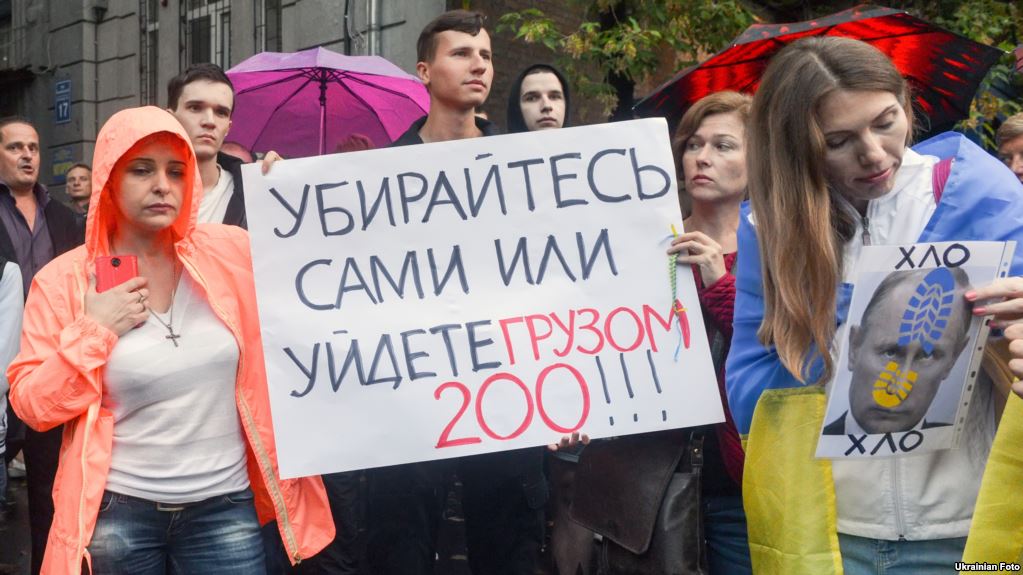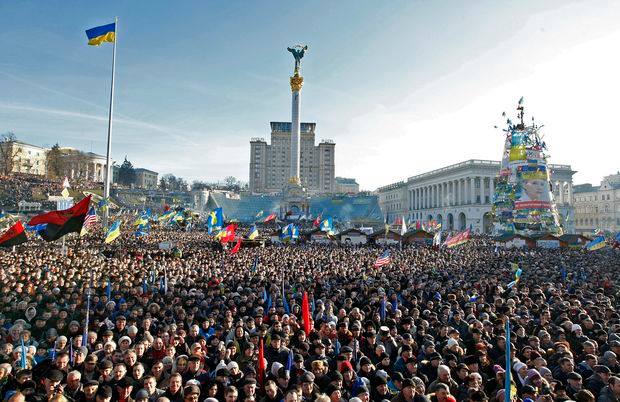"Two provocateurs" is how one of the most odious Kremlin "hawks," Russia's deputy prime minister and indisputable chauvinist Dmitry Rogozin, commented on the report by the Chisinau Institute for Public Policy regarding the resolution of the Transnistrian issue -- in other words, the restoration of the territorial integrity of Moldova.
In the Russian government, Rogozin is responsible not only for the military industrial complex. He is also responsible for Transnistria. Russia pays lip service to the territorial integrity of Moldova, does not have diplomatic relations with the self-declared republic on the Dniester River, and deploys its military in the territory for exclusively "peacekeeping" purposes. And, in fact, a regular deputy prime minister in the Russian cabinet is responsible for contacts with the Transnistrian administration, so that government colleagues -- and there are many who treat Rogozin ironically -- almost jokingly state that in reality Rogozin is working not as the curator of the Military Industrial Complex but as an ambassador at Tiraspol. Therefore, in reports on Transnistria, this limited and mediocre ambassador is compelled to respond ex officio.
Meanwhile, there is nothing provocative in the report of the Chisinau Institute for Public Policy. It examines the various options for restoring the territorial integrity of the Republic of Moldova -- from the mildest, which aim at the actual preservation of the quasi-state structures of a united Moldova, to the tough option of liquidating the TMR (Transnistrian Moldovan Republic) and restoring the integrity of the country without any republics. It is good analysis, nothing more. In Moscow, as well, there are discussions on the necessity of restoring the territorial integrity of Moldova at the negotiating table. The new Moldovan president Igor Dodon, who came to power with the active participation of his Moscow patrons, actively promoted the federalization of Moldova during the election campaign, making Transnistria one of the subjects of such a federation. And this did not generate any irritation in the Kremlin; Putin and Rogozin were simply delighted with Dodon. What happened?
Nothing in particular. The report simply describes all the possible tools for taking action and demonstrates that almost all Moldovan politicians are, in fact, interested in the restoration of the territorial integrity of their country -- from the supporters of the development of Moldova as a democratic European country to the Russian puppet Dodon and his socialists. But Moscow has other interests that are contrary to the intentions of its opponents and its allies. And its officials are annoyed that in Chisinau these intentions may be questioned and that someone seriously expects the withdrawal of Russian invaders from Moldovan territory. Moscow is not going to give up Transnistria. Just as it is not going to give up the Donbas. And it is not going to give up Abkhazia and South Ossetia. And it is not preparing to give up Crimea either. But this is for the present. And the situation is beginning to change.
The report by the Moldovan analysts clearly shows that Russia has no special opportunities for preserving the occupation regime in Transnistria, and that it would be better for it to leave willingly without damaging its reputation than to leave later in disgrace. The Transnistrian project, that was conceived by the Chairman of the Supreme Soviet Anatoly Lukyanov with the active support of President Mikhail Gorbachev, has exhausted itself. And soon there will be a breakdown of other projects --those designed by Gorbachev, Yeltsin and Putin. No matter how the chauvinistic rope twists and turns, the end will come.





